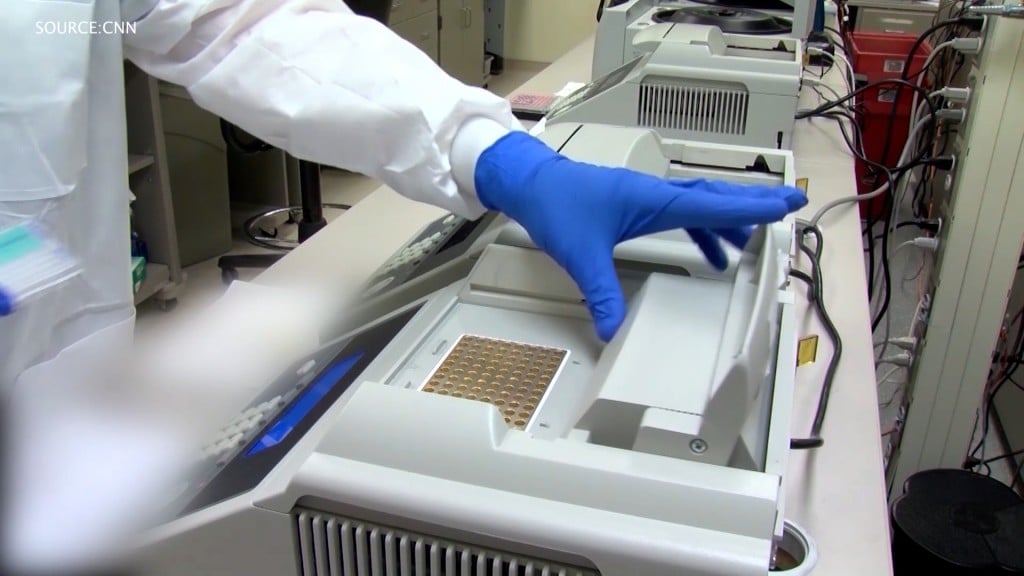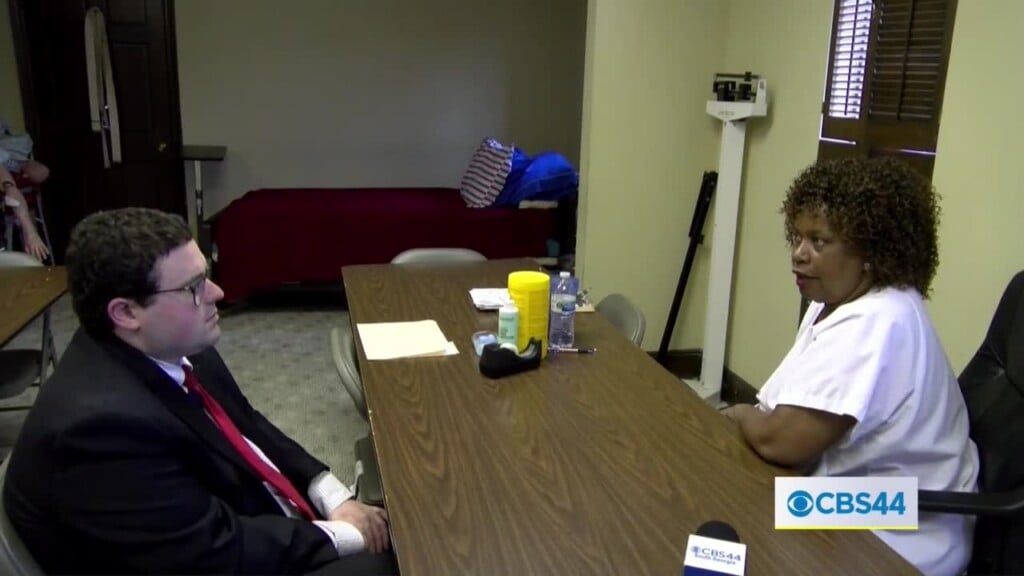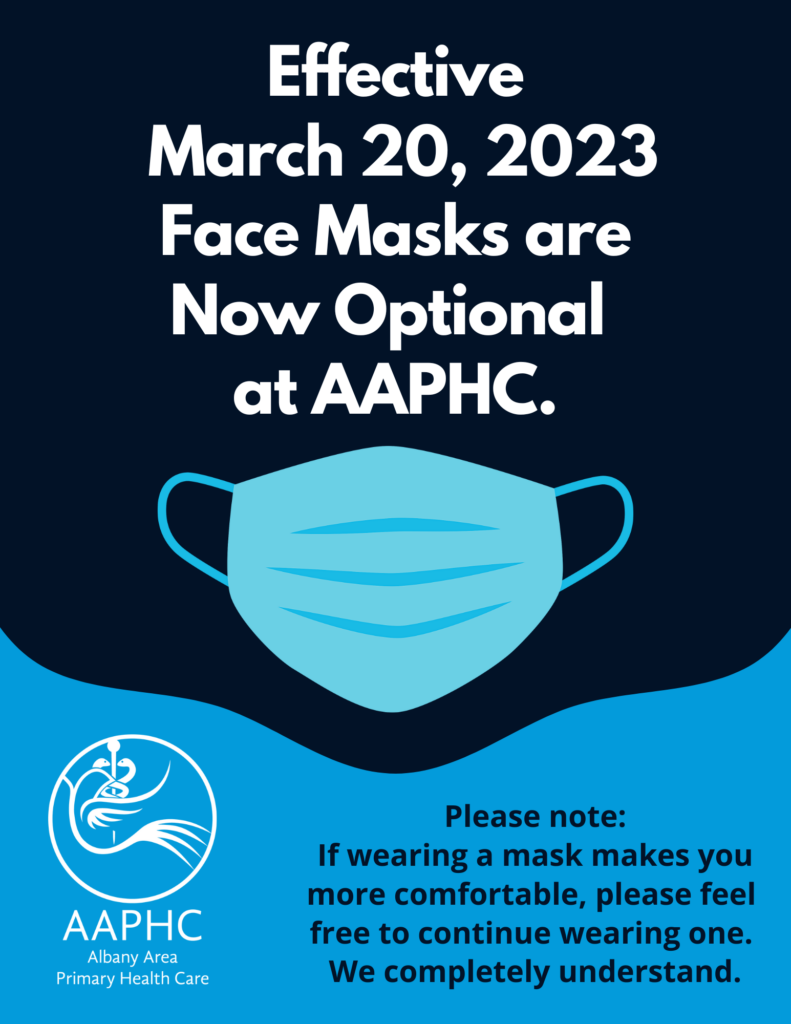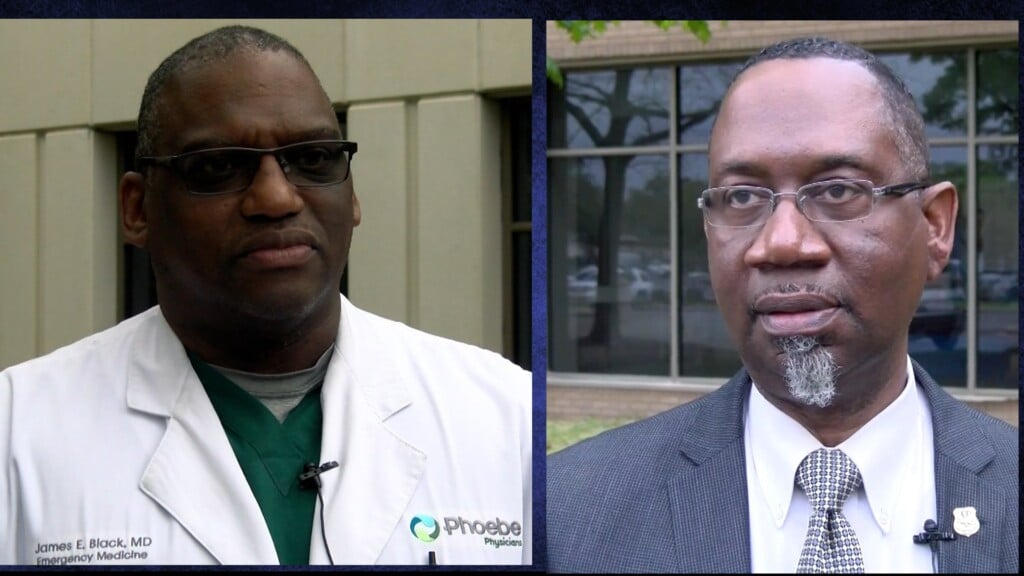Dougherty County set to participate in antibody study

ALBANY, Ga. – Since April,COVID-19 testing has become more accessible and people with little to no symptoms are even getting tested.
Currently, the Georgia Department of Public Health says tests have confirmed that there have been a total of 2,343 cases of the virus in Dougherty County.
But what about the people who caught the virus early on when testing wasn’t as available?
County commissioners want to provide free antibody testing so that people who’ve had the virus but didn’t test for it can be counted.
“We were very hard-hit by the coronavirus early on and we are recommending participating in this study to help us get more insight in the long term as to what we experienced in our community,” says Dougherty County Administrator Michael McCoy.
The Dougherty County Commission approved its portion of funding for the $162,000 study that will be performed by Augusta Community Health.
Up to 1,800 individuals will be tested. And with this test, individuals who were sick before testing was widely available or who did not seek testing due to having mild or no symptoms will have the opportunity to learn if they have COVID-19 antibodies.
“We do want a representation across different groups and we will have to get that study methodology or how people get put into those groups defined but we will work to make sure this is representative across those different groups within the community,” says Dr. Phillip Coule, vice president and chief medical officer at Augusta University Medical Center.
Commissioners say the testing is vital in really understanding just how heavily impacted the community was and how impacted the community will be in the future.
“We’re probably well far ahead of many other communities in actually establishing herd immunity. This actually gives us some data points on a moving forward basis so that we can say ‘look this is where were at and Dougherty County is a much safer place than these other places are,’” says Commission Chairman Chris Cohilas.
Officials with Augusta Community Health plan to roll out the study in about a month and the study should take about two weeks to complete.




